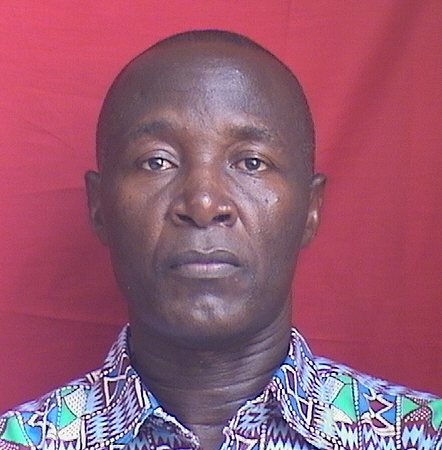Bioconversion and Reduction of Organic Fraction of Municipal Solid Waste Using the Black Soldier Fly Larvae in A Batch System
ABSTRACT
Purpose of the study- The organic fraction of municipal solid waste is about 60% of waste streams in developing countries but currently there is no large scale form of treatment due to high investment and operation cost. It is imperative that a new technology with low investment and operation costs but high returns from compost and end-products is needed. The inadequate treatment of organic fraction of municipal solid waste (OFMSW) creates huge environmental problem in developing countries. The use of black soldier fly larvae to degrade manure has gain attention in recent time. The purpose of this study was to determine the potential of using larvae of black soldier fly, Hermetia Illucens (Diptera: Straiomyidae) to degrade organic fraction of municipal solid waste.
Methodology- This study is being carried out in the Civil Engineering Department at the Kwame Nkrumah University of Science and technology, Kumasi, Ghana. Batch system containing feedstock and the larvae was set-up. The nutrients parameters monitored included the nitrogen, phosphorus and potassium. The changes in moisture content, pH and temperature during the degradation process were measured.
Findings - It was established that the feedstock of 107 mg/larvae/day achieved high mean organic waste degradation of 40.8 % and daily waste reduction (%) of 2.9 ± 0.07 within the time in days of 16.8 ± 0.17. The study show a decrease in total organic carbon content with mean value of 65± 0.35. The results showed high nutrient-rich prepupal weight in mg of 36.6 ± 0.88. The percentage increase in mean values of nitrogen, phosphorus and potassium concentration were 58 ± 0.72, 40± 0.76 and 65± 0.28 respectively.
Research limitations/implications- There is the need for pilot scale experiments and the economic feasibility analysis to determined scale-up designs. This could not be done due to limited funds. There is the need for further research into the drying process as a post-treatment of the waste residue.
Practical implications- The study suggests that the larvae composting technology is feasible. The findings showed there is potential for waste reduction and recycling of organic compost.
Originality/value - The paper provides insight into larvae composting technology in tropical climate and adaptability to environmental conditions. This study contributes to better understanding of how city authorities in developing countries can take advantage of larvae composting technology to scale-up recycling to deal with the increasing waste generation.

